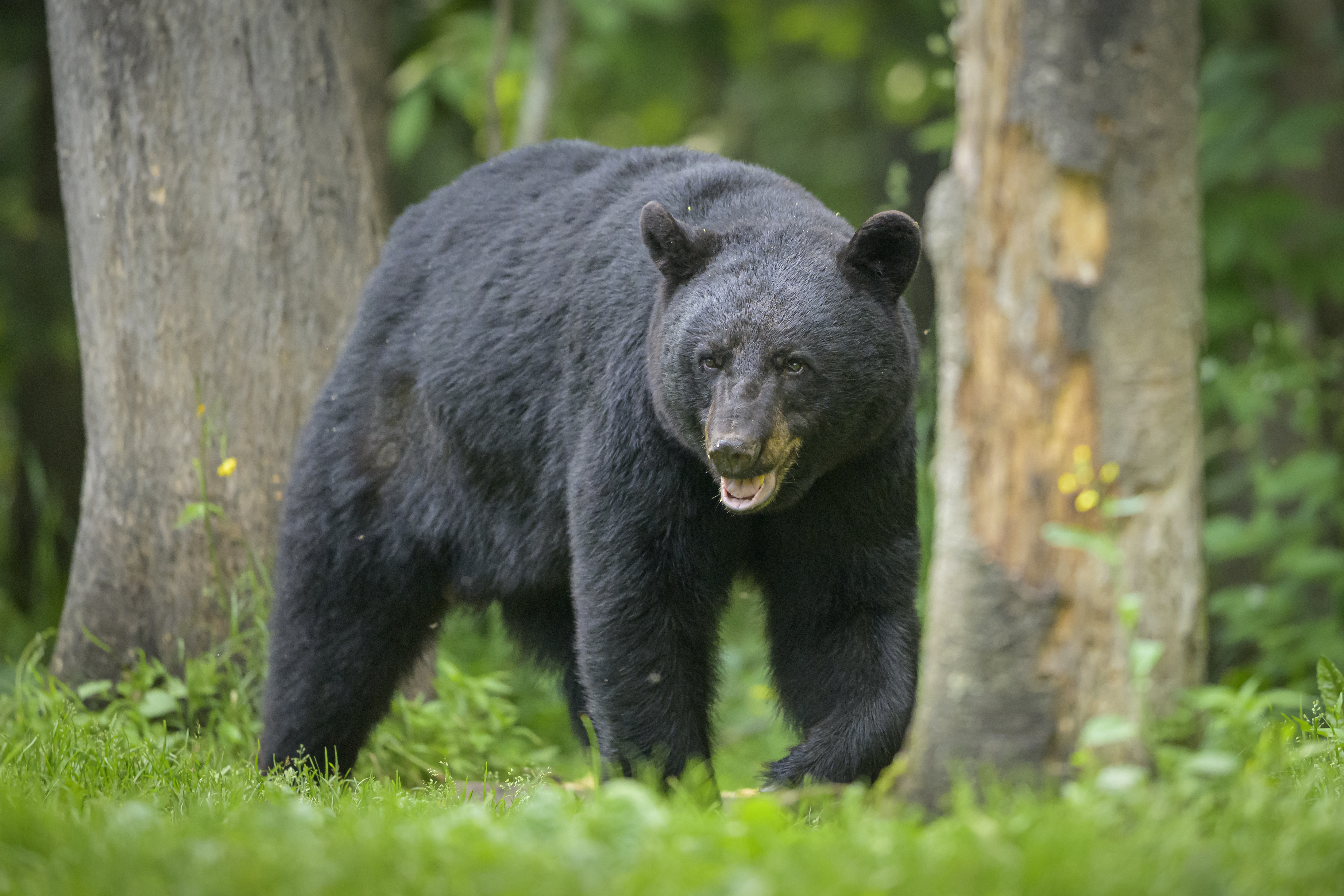What to Know
- Michael Cohen, the former lawyer, media attack dog and all-around fixer for Trump, is scheduled to begin serving a 3-year prison sentence
- A Russian airliner burst into flames while making an emergency landing at Sheremetyevo airport, and at least 40 people died, officials say
- Alex Trebek got a standing ovation as he accepted an Emmy Award as host of "Jeopardy!" — and immediately set the audience at ease
Get the top headlines of the day in your morning briefing from NBC 4 New York, Monday through Friday. Sign up for our newsletter here.
Michael Cohen Heads to Prison in Trump Hush-Money Scheme
Michael Cohen, the former lawyer, media attack dog and all-around fixer for President Trump, is scheduled to begin serving a three-year prison sentence for crimes including campaign finance violations related to hush-money payments made on Trump's behalf. Cohen faces a 2 p.m. deadline to report to the Federal Correctional Institution, Otisville, a federal prison in the countryside 70 miles northwest of New York City. A minimum-security prison camp there has become a haven for white-collar criminals. Cohen, who has been disbarred, is trading plaid blazers for khaki prison garb after trying and failing in recent weeks to get his sentence delayed or reduced. His legal team asked House Democrats last month to intercede after Cohen testified on Capitol Hill, but they were reticent to do so. Federal prosecutors in New York were also no help, Cohen's lawyers said. Cohen was originally scheduled to start his sentence in March, but a judge granted a two-month delay so he could recover from surgery and get his affairs in order.
Dozens Dead in Russian Plane's Fiery Emergency Landing
A Russian airliner burst into flames while making an emergency landing at Moscow's Sheremetyevo airport, and at least 40 people died, officials said. The Sukhoi SSJ100 operated by national airline Aeroflot had 73 passengers and five crew members on board when it touched down and sped down a runway spewing huge flames and black smoke. Elena Markovskaya, a spokeswoman for Russia's Investigative Committee, said 41 people were killed. But Health Minister Veronika Skvortsova said later that 38 survived, implying the death toll was 40. The victims included one member of the crew and at least two teenagers, according to the Investigative Committee. Video showed desperate passengers leaping out of the plane onto inflatable evacuation slides and staggering across the airport's tarmac and grass, some holding luggage. The airport said in a statement that the plane, which had taken off from Sheremetyevo Airport for the northern city of Murmansk, turned back for unspecified technical reasons and made a hard landing that started the fire.
Boeing Didn't Tell Airlines That Safety Alert Wasn't On
Local
Boeing said it discovered after airlines had been flying its 737 Max plane for several months that a safety alert in the cockpit was not working as intended, yet it didn't disclose that fact to airlines or federal regulators until after one of the planes crashed. The feature was designed to warn pilots when a key sensor might be providing incorrect information about the pitch of the plane's nose. But within months of the plane's debut in 2017, Boeing said, its engineers realized that the sensor warning light only worked when airlines also bought a separate, optional feature. The sensors malfunctioned during an October flight in Indonesia and another in March in Ethiopia, causing software on the plane to push the nose down. Pilots were unable to regain control of either plane, and both crashed, killing 346 people. It is not clear whether having the warning light would have prevented either the Lion Air crash or the March 10 crash of an Ethiopian Airlines Max near Addis Ababa. Boeing's disclosure on Sunday, however, raised fresh questions about the company's candor with regulators and airline customers.
'Jeopardy!' Host Alex Trebek's Emmy Award Comes With Ovation
Alex Trebek got a standing ovation as he accepted an Emmy Award as host of "Jeopardy!" — and immediately set the audience at ease, even as he alluded to his cancer diagnosis. Trebek, 78, who announced in March he has advanced pancreatic cancer, told the theater audience he had been worried that sympathy, rather than merit, might snare him the trophy for best game show host. But then he mulled what happened last year, after he underwent surgery to remove life-threatening blood clots on his brain. "You think that would have elicited a certain amount of sympathy. But I didn't win!" he said, drawing roars from the crowd that moments before had stood to applaud him. Instead, he said, he realized that maybe he'd been worrying about the wrong thing and instead should emulate Oscar winner Sally Field.
Analysis: ‘Game of Thrones’ Not the End of Appointment TV
If you’re heading to a “Game of Thrones” watch party this weekend, you might already be waxing nostalgic about the end of appointment television. Is this the last time you’ll ever gather with your friends to watch a show, knowing so many others are watching it at the same time, ready to discuss it real time on Twitter or the next day at the proverbial water cooler? My guess is no. The shift away from traditional TV has some people lamenting (here, here, here) that GoT will be the last “shared experience” show, where Americans tune in at a certain time to watch weekly episodes and find out storylines together at the same time. There’s logic to the argument. Many of today’s hot shows -- “The Marvelous Mrs. Maisel,” “Stranger Things,” “The Handmaid’s Tale” — originate on Amazon Prime Video, Netflix and Hulu, where the entire appeal is the ability to watch episodes whenever you want, or to binge-watch entire seasons in one sitting.



